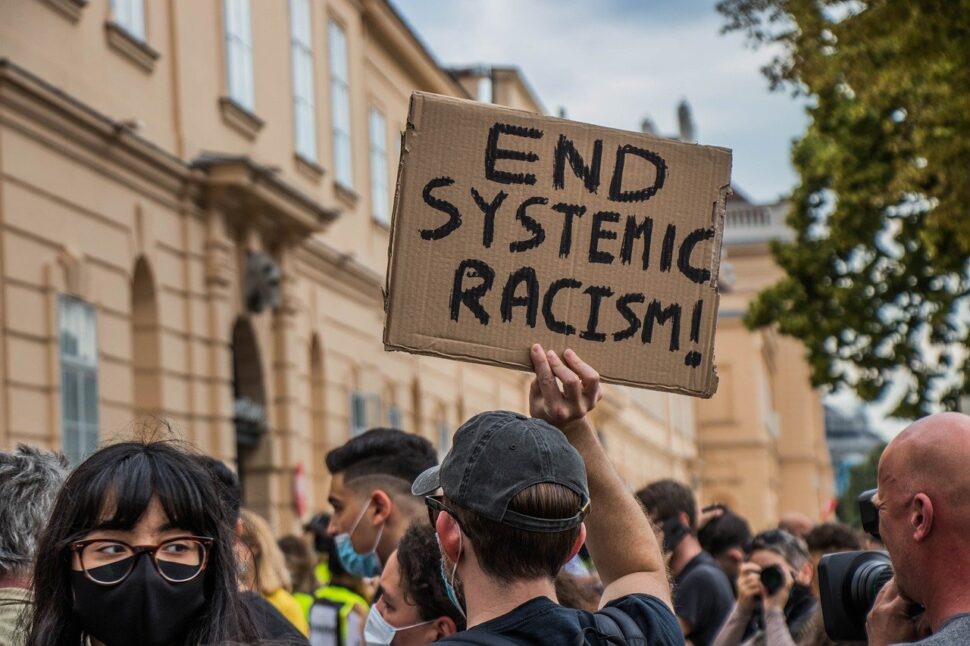Personal Reflections on Critical Pedagogy

As all of the current events surrounding Black Lives Matter, the killing of George Floyd, the related protests, etc. are at the forefront of the news and our minds, I have been reflecting on ways that I need to be engaged with current events personally and topics that I need to spend time contemplating surrounding the intersection of my own identities, my own privilege, and my pursuit of social justice. However, I have also been reflecting on the ways that I will address these current events in my upcoming classes.
On the Society for the Teaching of Psychology (STP)’s blog, a recent post focused on thoughts and ideas for talking with students about Black Lives Matter and all that is happening in our country. I found the blog post in its entirety to be quite helpful, however, I will focus below on a few of the main takeaways that I had related to what I hope to incorporate in my own courses:
- I need to address these topics in my courses. By staying silent about all that is going on, I may be communicating (unintentionally) disinterest, disengagement, or the idea that these topics are not important. All that is going on related to Black Lives Matter is more than likely impacting my students to varying degrees, and I want to be able to create space in courses to talk about these impacts, to a level that students feel comfortable with.
- I need to consider my own privileged identities. In the classroom, my White identity and my educated identity, particularly when present with my position of power as an instructor, will influence students’ engagement with material and comfort level in the course. I will want to address my own identities in class with students, and encourage students to reflect on their own identities and how they might impact their experience of the course.
- I will want to focus more than ever before on promoting critical thinking in the classroom, and encouraging students to use techniques to think critically when they encounter news surrounding current events, especially in the age of Fake News.
- I need to address the historically overwhelming voices of privileged identities in the world of psychology and education. When discussing the history of these fields and research in these subject areas, it will be more important than ever to address the White male voices that lead the movements for so long. I will want to spend more time sharing voices in the field of those who have underrepresented identities.
- Teaching on prejudice and discrimination is of particular importance. When I teach General Psychology, I currently include a week of lectures on prejudice and discrimination. As I reflect on teaching this course again in the Fall, and changes that I want to make, I am thinking of ways that I can include information from social psychology and education related to prejudice and discrimination earlier in the course, and more frequently throughout the entirety of the course. In the past, I have had an extra credit opportunity for students to take Implicit-Association Tests, however, I now think it would be important to have it as a required activity, including a reflection from the results. (To access the Implicit-Association Tests, visit this site: https://implicit.harvard.edu/implicit/selectatest.html)
I am hoping that this conversation continues amongst educators. If you would like to read the entire blog post, you can access it at this site: http://teachpsych.org/DiversityMatters/9015745
